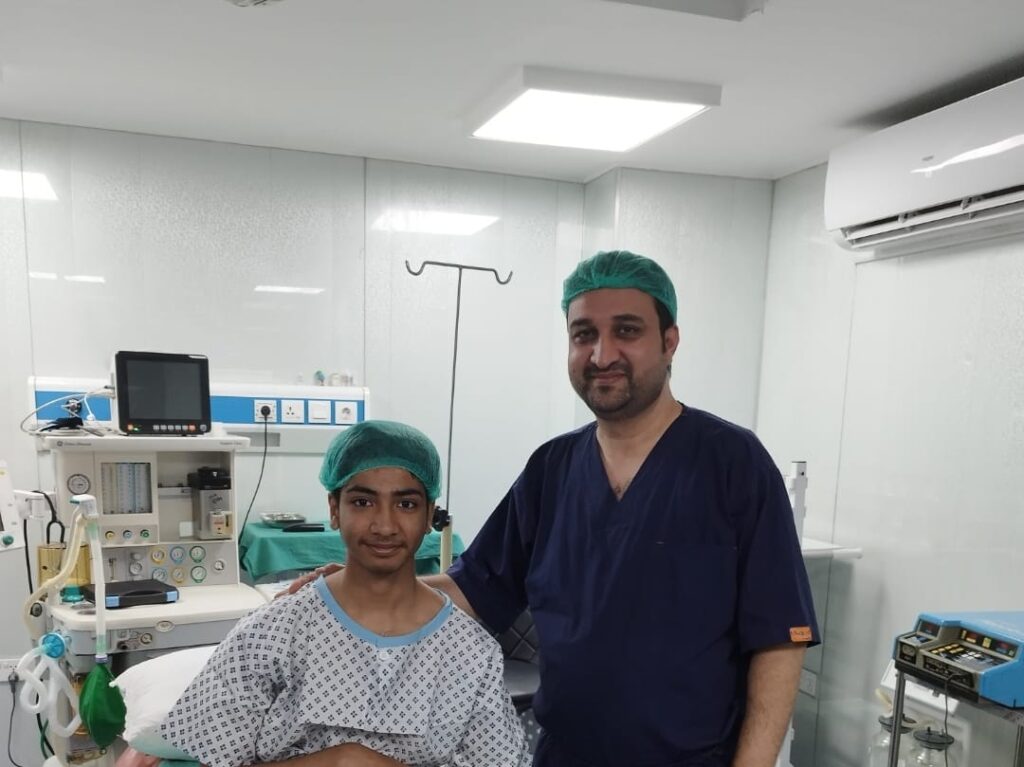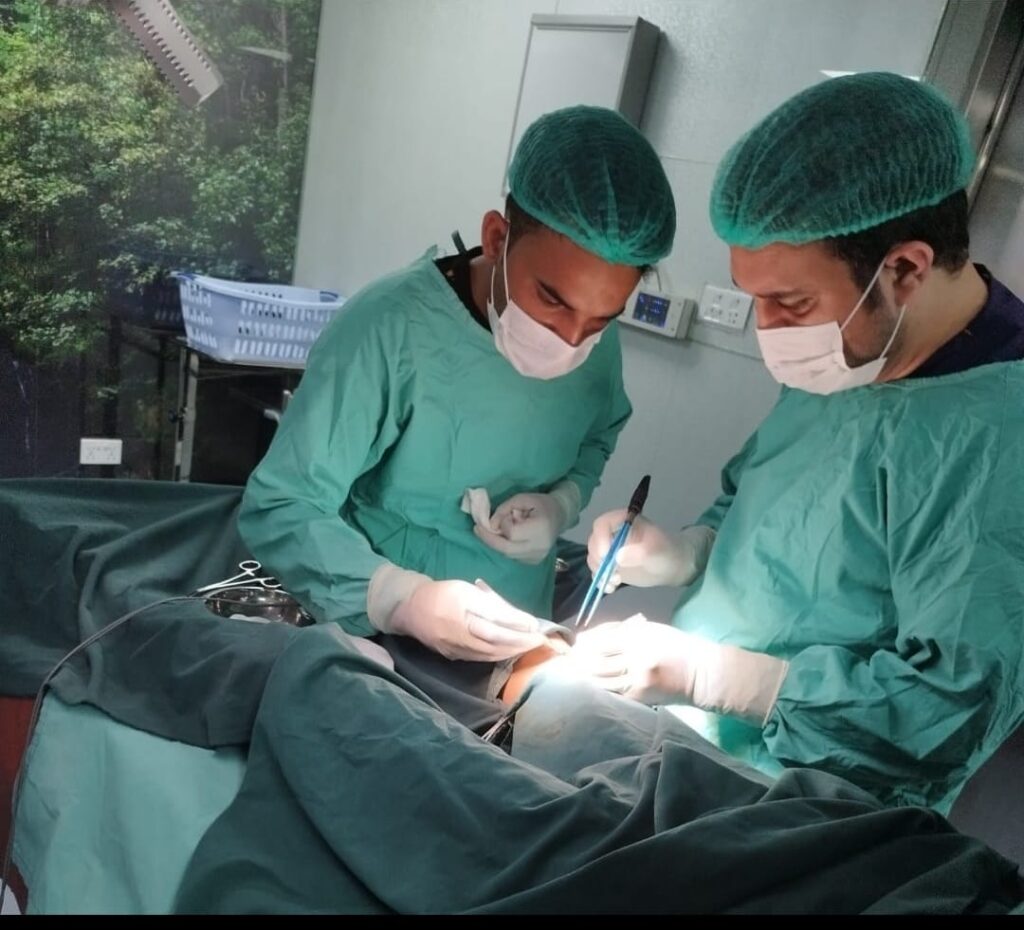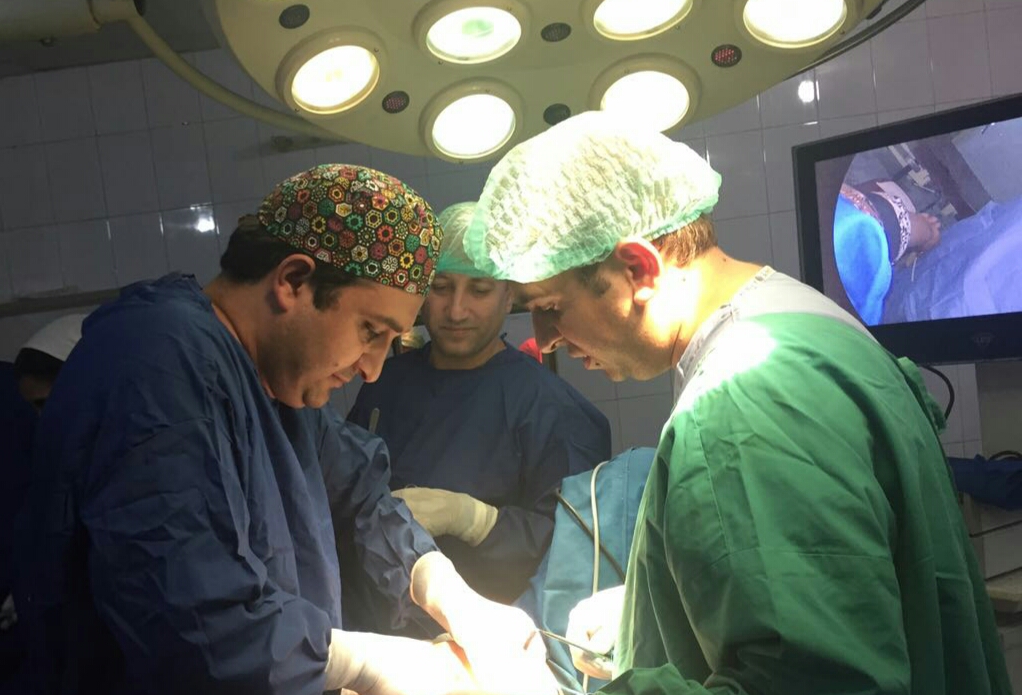- contact@laparoscopyadvice.com
- General Practice Hospital, G-9/2 Islamabad
- Mon - Fri: 10:00 am - 7:00 pm
Visiting Hours
| Mon - Fri: | 8:00 am - 8:00 pm |
| Saturday: | 9:00 am - 6:00 pm |
| Sunday: | 9:00 am - 6:00 pm |
Gallery Posts






| Mon - Fri: | 8:00 am - 8:00 pm |
| Saturday: | 9:00 am - 6:00 pm |
| Sunday: | 9:00 am - 6:00 pm |







A kidney tumor, also known as renal tumor or kidney cancer, refers to the abnormal growth of cells within the kidney. These tumors can be benign (non-cancerous) or malignant (cancerous). Malignant kidney tumors often require prompt diagnosis and treatment to prevent further spread and preserve kidney function.
Kidney tumors can originate from various cell types within the kidney, including the renal tubules, renal pelvis, or renal parenchyma. The most common type of kidney cancer in adults is renal cell carcinoma, which typically arises from the cells lining the small tubes (tubules) within the kidney. Other less common types of kidney tumors include transitional cell carcinoma, Wilms tumor (in children), and renal sarcoma.



| Mon - Fri: | 9:00 am - 7:00 pm |
| Saturday - Sunday: | Off |
Copyright 2023 Adil's Laparoscopy World | Powered by Dynaamx